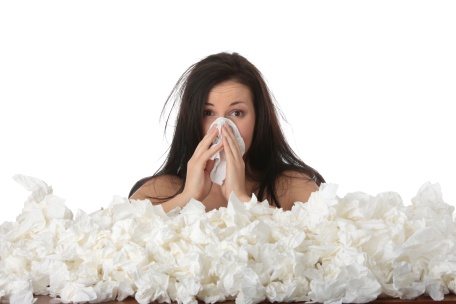Recently, while attending a religious service, I sat next to a young woman who was really congested. She was seriously sniffing every 20 seconds. I felt bad for her discomfort while hoping whatever she had didn’t get passed on to me.
After a little while, I offered her the travel pack of tissues that I always carry. She was grateful and took them. I was taken aback, though, when she didn’t use them. Huh?
I can certainly understand not want to disrupt those around you by blowing your nose but she seemed miserable.
It made me wonder how humans even came up with the notion of blowing ones nose and is it really good for you.
The truth is that ignoring nasal symptoms such as congestion, sneezing, runny nose or thick nasal discharge can lead to other problems:
- Nasal congestion reduces the sense of smell.
- When you can’t breathe through your nose, you resort to mouth breathing which can increase the risk of mouth and throat infections. Mouth breathing also pulls all the pollution and airborne germs directly into the lungs.
- Breathing cold dry air into the lungs will make secretions thick, slows the cleaning cilia as well as the passage of oxygen into the blood stream.
So, yes, blowing your nose is important but there is a right and wrong way to do it. If you blow too hard, you’ll cause pressure and some mucus to build up in the sinus cavities. That may lead to further infection.
According to experts, the proper method is to blow one nostril at a time, gently. You should also use a saline nasal rinse to remove excess mucous.
If the congestion lingers for a long time or develops into something more, that’s the time to visit your medical practitioner for a consult.